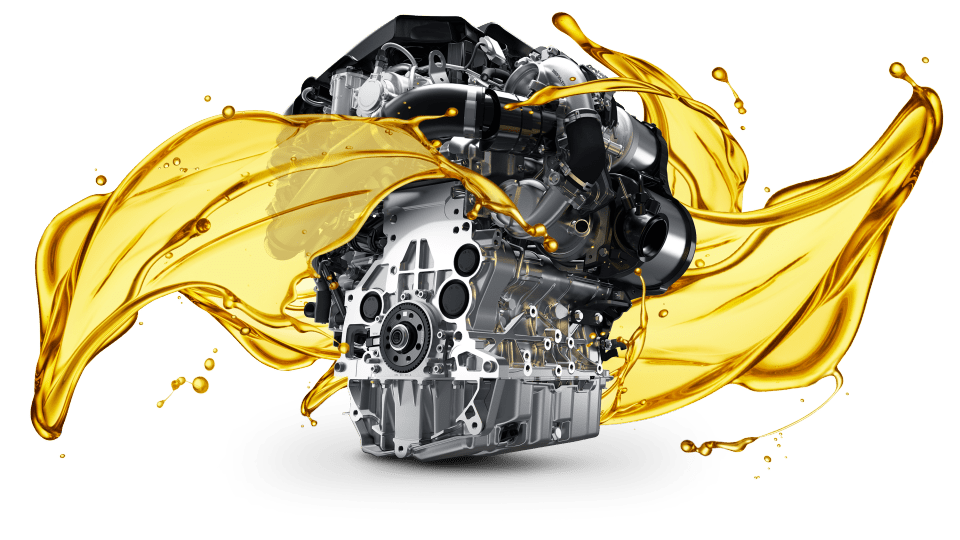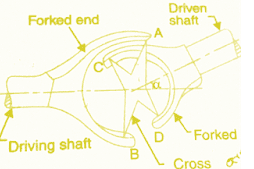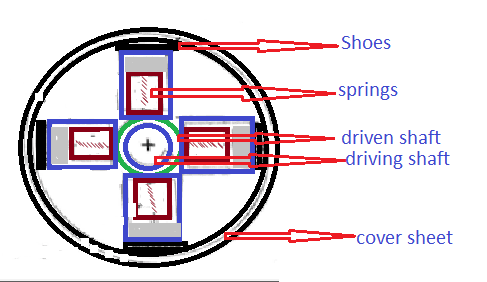What are oil additives & how do oil additives work
What are Oil Additives?
Oil additives are used to protect engines from harmful deposits that can damage engine components. They also help extend the life of the oil by keeping it clean and free of debris. and keep engines running efficiently. They also help in prolonging the life of lubricants and reduce wear and tear on your vehicle. Oil additives are used for several purposes like improving wear resistance, enhancing anti-wear agents, increasing viscosity, etc.,
These oils, being synthetic have several advantages over regular oils such as they do not evaporate easily and do not absorb moisture from the air. They also contain more stable viscosity which means that they stay in place during a certain temperature range and this is very important for cold weather applications. These additives will help your engine last longer without frequent changes or maintenance by extending its life span.
There are two types of additives, one is a straight additive and the other is an emulsifier additive. The emulsifier type helps in dispersing additives evenly in oil whereas the straight type does not have any emulsifiers so they mix only with the oil itself.
There are several types of oil additives available in the market today. They can be divided into two categories: synthetic and natural oils. The synthetic type is made up of chemicals that are usually petroleum-based, whereas natural oils contain ingredients like vegetable oils or mineral oil.
How Do Oil Additives Work?
- Oil additives can be either blended with your regular oil or applied separately to maintain optimum performance levels in your engine.
- Oil additives are added to lubricants or oils that help the oil resist degradation caused by oxidation.
- There are different types of oil additives like viscosity improvers, rust inhibitors, anti-wear agents, and other types.
- Viscosity improves the viscosity of oil while reducing the shear strength at elevated temperatures (above 300 °C). They can be used in both automotive and industrial lubricants. Rust inhibitors help prevent engine damage caused by rust by preventing the formation of iron oxide on metal surfaces during operation. Anti-wear agents protect metals from wear due to friction, abrasion, or corrosion by preventing surface oxidation and/or deformation (e.g., cracking) of metals through reduced friction between parts moving against each other at high speeds (high-speed steels).
- Oils that are used in automotive, industrial and marine applications usually contain some type of additive. The most common additive is zinc dithiophosphate (ZDP), which is used as a corrosion inhibitor and anti-wear agent.
- Other additives include phosphorous compounds such as ZDDP, which acts as an anti-wear agent antioxidant such as hindered phenols metal deactivators like titanium dioxide and polymeric film-forming agents like silica gel. Metal deactivators create a film on metal surfaces to prevent the metal from causing the oil to be oxidized.
- Molybdenum disulfide is used for increasing fuel economy by reducing friction between moving parts.
- he latest research shows that there is a direct correlation between increasing levels of oil additives and reducing emissions.



